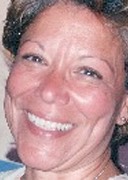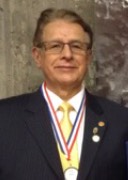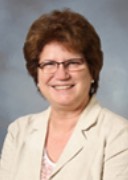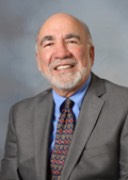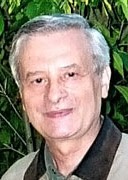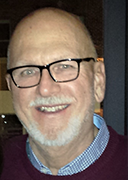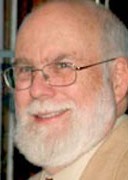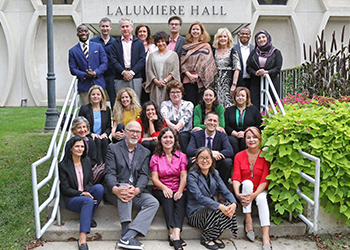My interest in the structure of the Spanish language was directed, during Graduate School, to the history of linguistic analysis and ideas, particularly the contribution of the great Venezuelan humanist Andrés Bello (1781-1865), whose 1847 Spanish Grammar is still the most respected, original, and provocative ever written. Bello’s participation in the cultural panorama of Chile, especially during the 1840’s, inspired me to look at the work of Domingo Faustino Sarmiento (Argentina: 1811-1888), at the time an exile in Santiago. From that point I became especially interested in the history of pedagogy, linguistic and other, in Chile, Argentina, and Uruguay.
I greatly enjoy teaching classes in Spanish language and linguistics. The challenge is encouraging adults to make “strange noises” in public; but as soon as those noises convey meaning they cease being “strange” and, as Walter Kaulfers wrote many years ago, turn a monolingual “wall” into a bilingual “gate.”
My work in the history of language teaching led to my consideration of linguistic unity and fragmentation in Latin America, and the role of the Academies and linguistic purism, especially in Argentina. I have also worked with the linguistic and language teaching ideas of the Catalán Mariano Cubí y Soler (1801-1875), the Chilean Eduardo de la Barra (1839-1900), and the German linguists Federico Hanssen (1857-1919) and Rodolfo Lenz (1863-1938), who were brought to Chile in the late 19th century to staff the newly-founded Instituto Pedagógico.
More recently, I have investigated the history of language teaching in the United States, focusing on the (inappropriately maligned, in my view) Army Specialized Training Program of the 1940’s. I am now working on the linguistic ideas of William E. Bull (1909-1972) and their contribution to the language descriptions found in many textbooks. And, as a devotee of the many “polemics” which surround language (and its teaching) in Latin America and elsewhere, I have been looking at the controversy surrounding the early years of the Instituto de Filología in Buenos Aires (founded in 1923). The importation of Spanish linguists for that institution provoked considerable hostility among the local scholars, much as Hanssen and Lenz had done in Chile a generation earlier.
When not doing the above, I enjoy cooking (although not so much as eating), team sports (observational adequacy), and the American art form (not so) popularly known as “jazz.”

